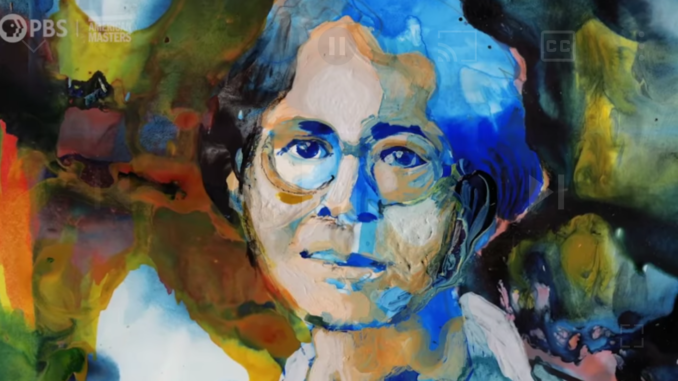
Not very many women from the nineteenth and early twentieth centuries dared to break out of the roles set for them by society at that time. Fewer still were also immigrants and minorities. But a woman in her fifties and sixties filling the role of a man in parts of the world that were considered dangerous was practically unheard of.
Ynés Enriquetta Julietta Mexía (1870 – 1938) was born in Washington, DC, daughter of Mexican diplomat Enrique Mexía and his wife Sarah Wilmer Mexía. Although she had six older half-siblings, Ynés was a shy and sensitive girl who spent much of her time playing alone. Her parents permanently separated in 1873, with her father returning to Mexico and her mother taking Ynés and her siblings to the family ranch in Mexia, Texas. Not long after, they returned to the east coast, where the family lived in several different cities and Ynés attended private schools. In 1887, at seventeen years old, she moved to Mexico to live with her father. Ten years later, she met and married businessman Herman de Laue. Ynés started a business in 1904 raising and selling poultry and pets. At about this point, her first husband died, and she subsequently married her second husband D. Augustin Reygados. Reygados took charge of Ynés’ animal business and quickly bankrupted it, resulting in an emotional, stressful divorce and a mental and physical breakdown. In 1909, after more than 20 years in Mexico, she moved to San Francisco in order to seek proper health care for her mind and body. She spent 10 years at the Arequipa Sanatorium, where her psychiatrist encouraged her to get involved in the Sierra Club. Retreats in the California wilderness, which included hiking and studying plants and animals, among other nature-centered activities, helped her heal emotionally. Her interest in nature and science, especially botony, grew, which lead her to enroll at the University of California Berkeley. It was 1921, and she was 51 years of age – at least 30 years older than her classmates.
Ynés’ life changed dramatically from that point on. The shy, introverted girl became an outgoing woman with myriad interests, a storyteller, a public lecturer, and a published writer. She became a US citizen in 1924, and embarked on her first botanical collection trip in 1925 (at age 55) to Mexico. On that first trip, she collected and cataloged 500 new plant species before falling off a cliff while reaching for yet another new plant specimen. The fall and injuries curtailed that trip, but did not dissuade her from going on many others. For most of thirteen years, Ynés travelled across the American southwest, up to Alaska, across all of Central America, and South America down to the very southern tip. Her ability to speak Spanish and understand the local culture was a tremendous asset to her. She travelled (often alone) on foot, on horseback, in canoes, and on steamships. She preferred to live and sleep outdoors to be closer to nature. Over the course of her short career as a botanist, Ynés collected 150,000 specimens, hundreds of which were previously unknown. Fifty of those unknown species were named in her honor. Eighty years later, her collections are still being studied. Although she took many college courses in science over the span of 16 years she never completed a degree, yet produced an impressive volume of work.
During a trip to Mexico in 1938, Ynés became very ill, forcing her to return home to the United States. She was diagnosed with lung cancer, and passed away a month later, at 68 years old, leaving behind many friends and admiring colleagues.
“Ynés Mexía: Mexican-American Botanist and Adventurer | Unladylike2020 | American Masters | PBS” (9:27):
Question of the Night: What alternative career could you be passionate about, if you had the opportunity?
